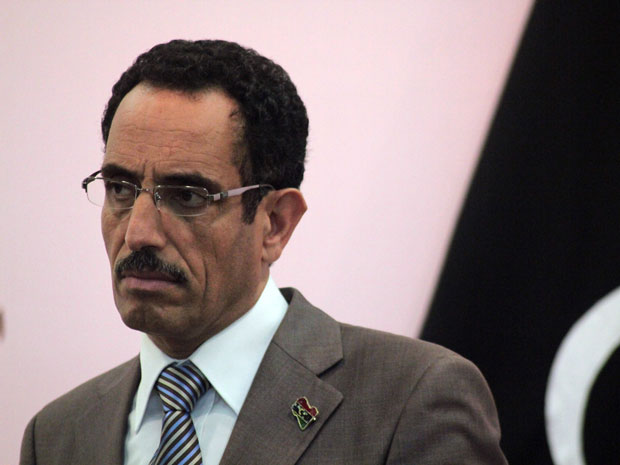Libya’s financial situation remains precarious despite the end of fighting and the resumption of oil exports, the International Monetary Fund (IMF) . . .[restrict]says. But the IMF on Monday said the country’s economy “could recover quickly” as the security situation eases, after a 60 per cent contraction last year during the bloody uprising that overthrew strongman Muammar Gaddafi.
The release of some of the estimated $US150 billion ($A141.33 billion) in Gaddafi regime assets that were frozen abroad during the conflict has given the Central Bank of Libya (CBL) needed funds to intervene in exchange markets and support the dinar, and create a buffer for the government to keep paying civil servants.
However, “despite the removal of UN sanctions on the CBL, the public sector’s financial situation remains precarious,” the IMF said in a mission report.
The government continues to borrow from the central bank to fund itself, but the CBL and commercial banks themselves are short of actual banknotes to match the demand.
The IMF mission sent to consult with the government on its situation said that oil production would more than double this year from last, and was expected to reach pre-uprising levels by 2014.
With the recovery in the oil sector, the economy could rebound with a near-70 per cent expansion this year and 20 per cent in 2013, according to IMF projections.
With stabilisation, too, inflation should be pulled down to below two per cent this year from 14.1 per cent last year.
However “risks to the outlook include delays in normalising the security situation and lower international prices for oil and gas,” it said.
The IMF also said the government had to contend with large pay increases granted civil servants by the Gaddafi regime that would double the government wage bill from two years ago to 18.7 per cent of economic output this year.
Meanwhile, the high level of government wages “will reduce the incentive for individuals to seek employment in the private sector and undermine efforts to advance economic diversification”.
“The government can afford to finance elevated current spending in the short term,” it said.
But it warned that the current level of budgetary commitments would be hard to sustain over the medium term. [/restrict]









